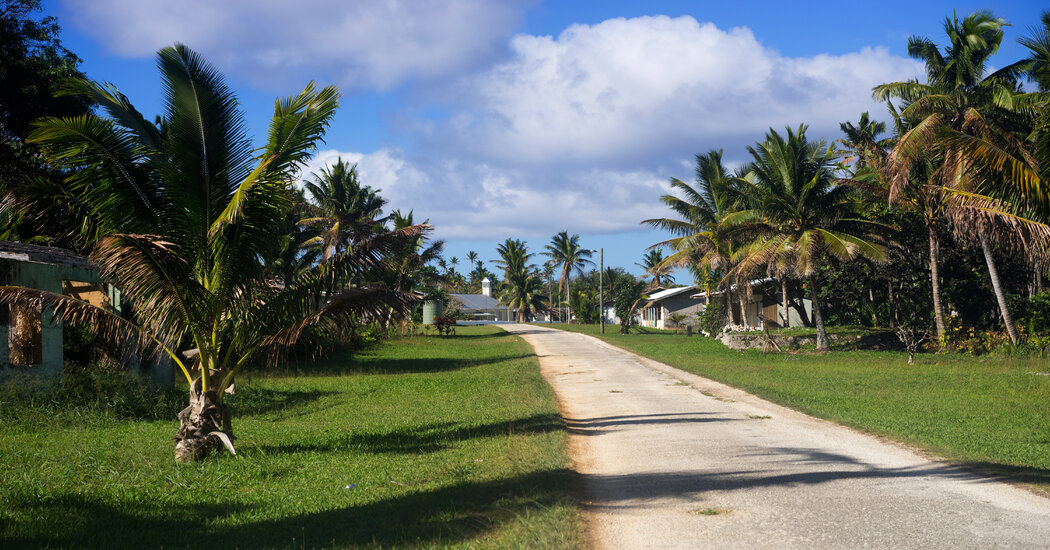The South Pacific island of Niue is one the most remote places in the world. Its closest neighbors, Tonga and American Samoa, are hundreds of miles away. The advent of the internet promised, in a small way, to make Niue and its 2,000 or so residents more connected to the rest of the world.
In the late 1990s, an American businessman offered to hook up the island to the internet. All he wanted in exchange was the right to control the .nu suffix that Niue was assigned for its web addresses. The domain did not seem as lucrative as .tv — which was slotted to Tuvalu, another South Pacific nation — and the leaders of Niue (pronounced New-ay) signed off on the deal. But the two sides were soon at odds.
Now, after more than two decades of back and forth, the disagreement is finally nearing a resolution in a court of law. Disputes over domain names were not uncommon during the internet’s infancy but experts are hard pressed to recall one that has lasted this long.
It turned out that .nu was, in fact, very valuable. “Nu” means now in Swedish, Danish and Dutch, and thousands of Scandinavians registered websites with that suffix, creating a steady business for Niue’s business partner, Bill Semich.



This is the best summary I could come up with:
The domain did not seem as lucrative as .tv — which was slotted to Tuvalu, another South Pacific nation — and the leaders of Niue (pronounced New-ay) signed off on the deal.
Niue, an oval-shaped coral island of about 100 square miles of area, about the size of Lincoln, Neb., felt it had been cheated out of a reliable stream of cash that would have helped it reduce its reliance on tourism and foreign aid.
It had also rented out its international dialing code, until Niue’s deeply Christian residents started being awakened at midnight by wayward phone sex calls from Japan.
“We are victims of digital colonialism,” Prime Minister Dalton Tagelagi of Niue said over a crackling video link from his office in the capital of Alofi.
Critics question that assessment, as there is formally no such thing as sovereignty in cyberspace, only administrative zones that divide the web into domains like .nu and, for instance, the .nz suffix assigned to New Zealand.
A yearslong procedural battle that went all the way to Sweden’s Supreme Court followed until its legal system decided to hear Niue’s case.
The original article contains 933 words, the summary contains 186 words. Saved 80%. I’m a bot and I’m open source!